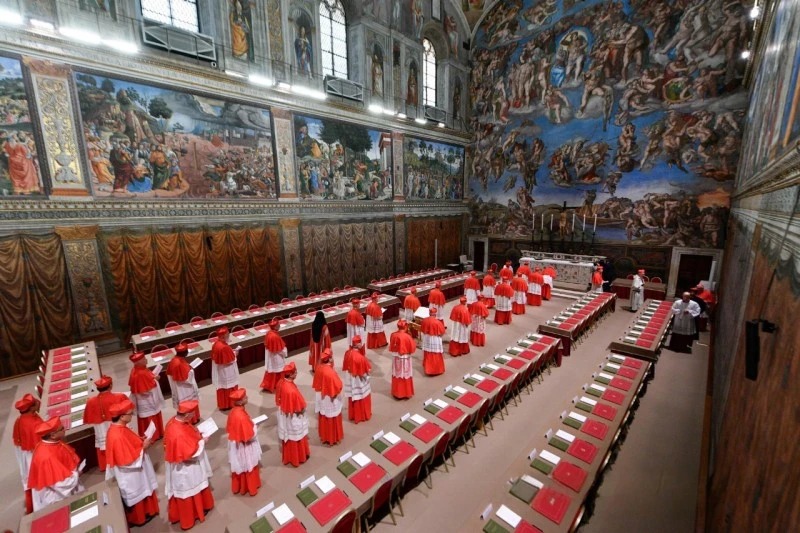The Hidden Power of Kindness: Lessons from Lawrence G. Lovasik
How Small Gestures of Kindness Can Transform Your Life and the World Around You

Kindness is a virtue that often goes unnoticed in our fast-paced society, but it is one of the most powerful and transformative forces we have at our disposal. Lawrence G. Lovasik, a Catholic priest and writer, dedicated much of his life to highlighting the value of kindness in human relationships and its impact on daily life. In his work The Hidden Power of Kindness, Lovasik reminds us that a kind word, a simple gesture, or a genuine smile can change the course of a life and transform the surrounding environment.
Here are some tips based on Lovasik’s teachings to harness the hidden power of kindness:
1. Kindness as a conscious act
Kindness should not be something that just “happens” naturally. Lovasik stresses that true kindness is a choice we make in every interaction. We must be aware of our thoughts and behaviors, choosing to be kind, even when it is not the easiest or most convenient thing to do.
Tip: Make a conscious effort to be kind, even in times of stress or frustration. A small gesture can have a big impact.
2. Kindness as a mirror of Christian charity
For Lovasik, kindness is a direct manifestation of Christian love, of charity toward others. It is a reflection of the ability to see Christ in others, especially those who most need our compassion.
Tip: Practice kindness to everyone, especially those who might be going through difficult times. Christian love is expressed through our everyday actions, and kindness is a tangible way to manifest it.
3. The transformative power of kind words
Words have immense power. According to Lovasik, kind words can illuminate a person’s heart, giving them hope and comfort. In a world filled with criticism and division, a kind word has the ability to restore peace and foster unity.
Tip: Think before you speak. Opt for words of encouragement, praise, and comfort. Avoid falling into the temptation of destructive criticism or indifference.
4. Kindness as an instrument of peace
Kindness not only transforms the person who receives it, but also the one who offers it. Through kindness, we can contribute to an environment of peace and harmony. Lovasik teaches us that when we are kind, we create an atmosphere in which people feel valued and respected.
Tip: Practice kindness in your home, workplace, and community. Contribute to collective well-being with your respectful and cordial attitude.
5. Kindness as a path to humility
Being kind requires humility, as it involves putting the needs of others before your own. True kindness does not expect recognition or reward, but is offered selflessly, just as Christ taught.
Tip: Do not seek recognition for being kind. Offer your kindness selflessly, without expecting anything in return.
6. Kindness as emotional healing
Lovasik also points out that kindness has a healing power, both for the recipient and the giver. People who experience kindness feel a reduction in stress and an improvement in their emotional well-being.
Tip: Make kindness a tool for healing, whether in your personal relationships or at work. A kind act can ease someone’s emotional burden and strengthen the bonds of friendship and trust.
The hidden power of kindness lies not only in what we can get out of it, but in how it transforms our relationships and the world around us. As Lawrence G. Lovasik teaches us, kindness is a force that can create great changes, from small gestures to great acts of love. Practice kindness daily and watch how, little by little, it changes your life and the lives of others.
The book can be purchased here.
Related

The Alliance Between Friendship, Recognition of the Other, and Technology
Observatorio de Bioética UCV
09 May, 2025
13 min

Leo XIV: “Peace be with you all”
Exaudi Staff
08 May, 2025
5 min

The True Conclave
P Angel Espinosa de los Monteros
08 May, 2025
3 min

The Conclaves of History: The Holy Spirit Guiding the Barque of Peter
Exaudi Staff
08 May, 2025
8 min
 (EN)
(EN)
 (ES)
(ES)
 (IT)
(IT)

